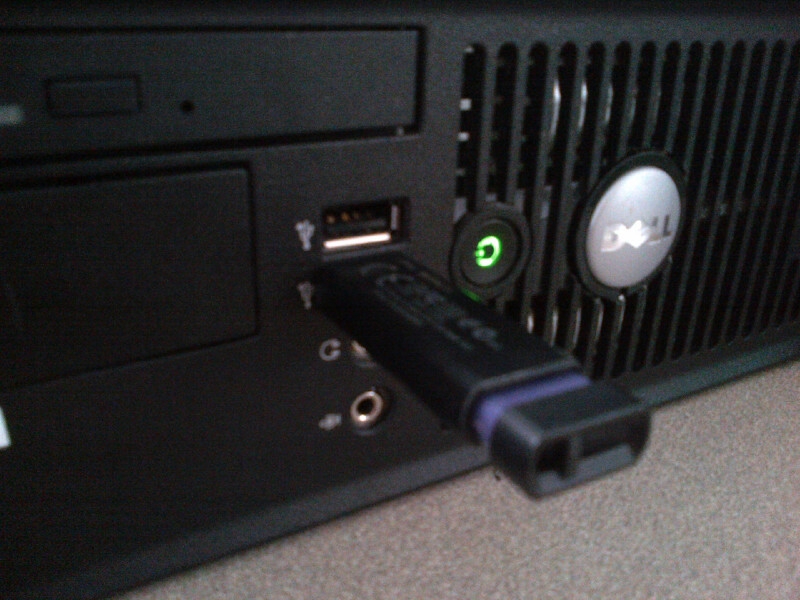MONCTON, NB — We can now access information quicker than ever before because of ever-changing technology. But technology can complicate the investigation of criminal acts – like child exploitation cases. And that means it can take longer to prosecute.

“If you think about your own house, how many cellphones that you don’t use anymore, that you have in your cupboard in your kitchen, or how many flashdrives do you have laying around the house, investigators have to delve through all that information,” said Karen Lee Lamrock, the dedicated prosecutor with the Internet Child Exploitation unit in New Brunswick.
She says when people hear that a child exploitation case is taking a long time to go to trial, it’s because someone has to look through every device seized in a search warrant. Investigators examine every image to find the evidence needed to prosecute.
“It does take quite a lot of time for a human being to look at that much information,” says Lamrock.
“The information is growing, we used to deal with gigabytes, now we’re dealing in terabytes and we’ve even had some cases that have dealt in tetrabytes which is beyond the realm of what we even understand in regards to information.”
And so when investigators get the computer, that’s when the real work begins.
“Of course anyone who’s doing anything illegal that involves computer data, there’s simply that much more of it available to them and they have that much more storage space available to them on their own personal devices in a way that would have been unheard of even ten years ago,” said Robert Currie, a law professor at Dalhouse University and Director of the Law and Technology Institute.
There are times when investigators have to decide when to stop looking.
“The reality is, you struggle with stopping and not looking further in the event that the next image is another victim perhaps or is the evidence you’re truly looking for, or is better evidence,” Lamrock said.
In the case of Jeffery Adam Amos in Moncton, three terabytes of computer data was seized in the search. He’s been charged on five counts of child exploitation charges and is scheduled to make his plea on April 22.
- Overwhelmed with spam texts? Stats show the problem is getting worse
- How toy guns brandished by Ontario youth in ‘assassins game’ is prompting real fear
- B.C. Sikh leader ‘vindicated’ by arrest of Indian nationals in Nijjar killing
- Lawsuit claims ex-cop, Mountie lost security clearance over false CSIS reports




Comments